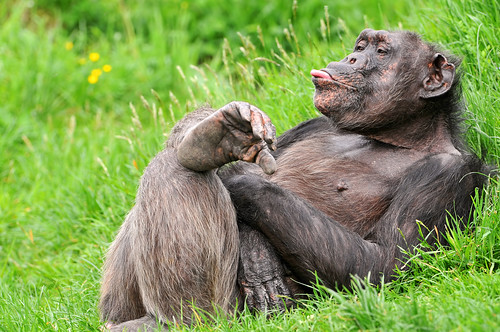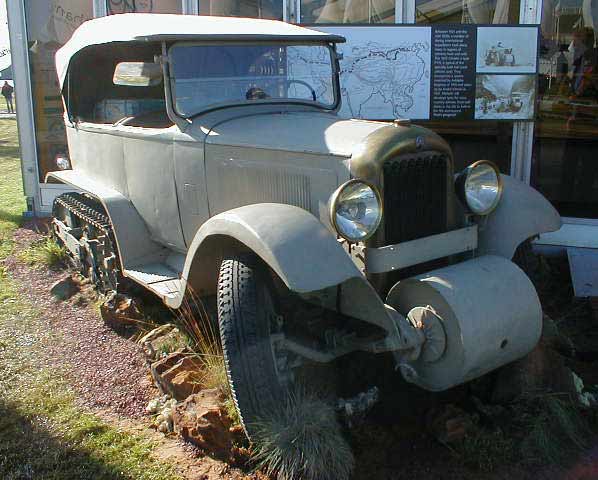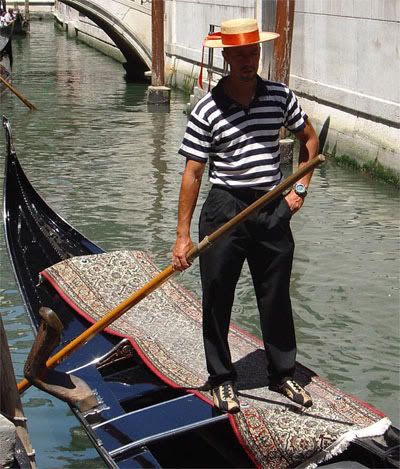Algot Runeman wrote:locomotion
noun
movement or the ability to move from one place to another: the muscles that are concerned with locomotion he preferred walking to other forms of locomotion
Somehow that reminds me of ... of ... yes, YES, that's it:
Brownian Motion.
Already very long ago (much too long ago) I noticed this strange phenomenon.
As a student I regularly attended my commilitones'
cantusses (*), to sing songs from the students' codex, copiously irrigated with beer to lubricate our singing voices.
By the end of the evening, many things like doorways, streetlamps and keyholes tended to have a random
local motion, all by themselves without any visible power source. Some of my student friends who knew Spanish, claimed it was a gentle earthquake and called it a
loco motion, but I doubted that because it happened almost exclusively at the end of cantusses. Anyway, these spontaneous
locomotions and gyrations were harmless and gradually disappeared by the next day, without any damage to buildings.
However we students weren't the only ones to experience this. The song
"The Loco-Motion" appeared in the American Top 5 three times – each time in a different decade. The earliest cover version was performed by
Little Eva (A rendition with
much better sound quality can be found here).
Of course you guys here were much too prim and prudish to have recognised or attended such immature events.
Or weren't you?
(*) commilito:
- fellow member in a students' fraternity; comrade in arms (hugged comrade, mostly female)
-
commilito, -nis, m. A comrade, companion in war, fellow-soldier (in good prose; most freq. in the histt., esp. of the post-Aug. per.), * Cic. Deiot. 10, 28; Caesar ap. Suet. Caes. 67; August. ap. Suet. Aug. 25; C. Cassius ap. Quint. 6, 3, 90; Liv. 3, 50, 5 and 7; Vell. 2, 59, 4; Suet. Claud. 10; id. Galb. 20; id. Vit. 11; Flor. 2, 20, 2.











